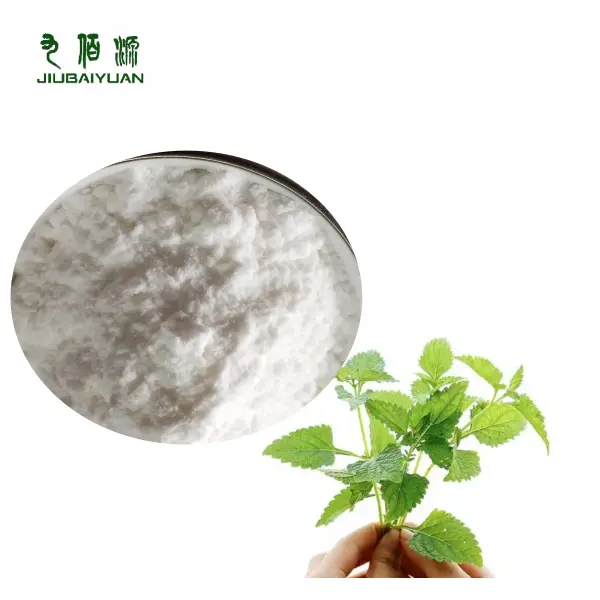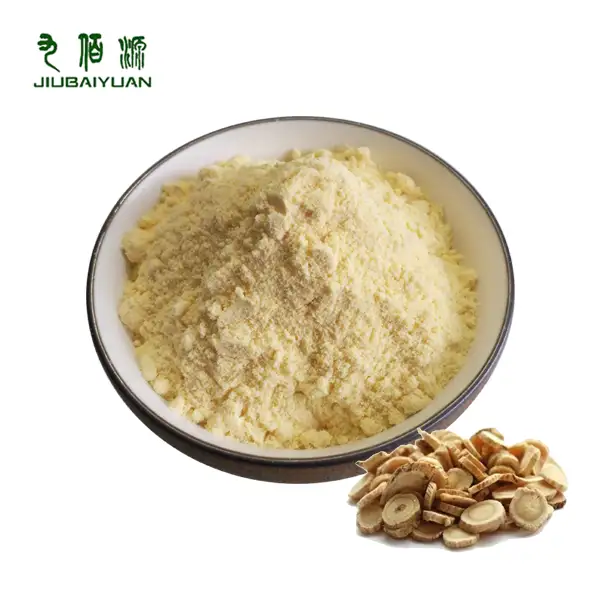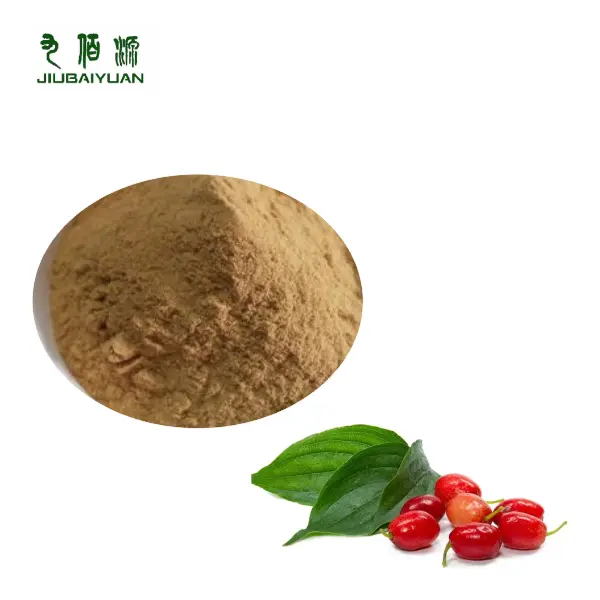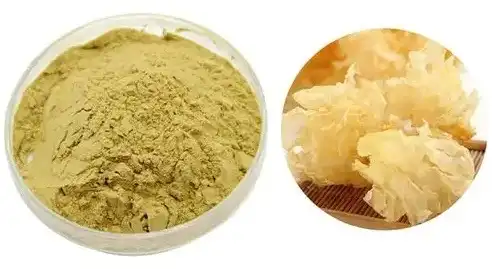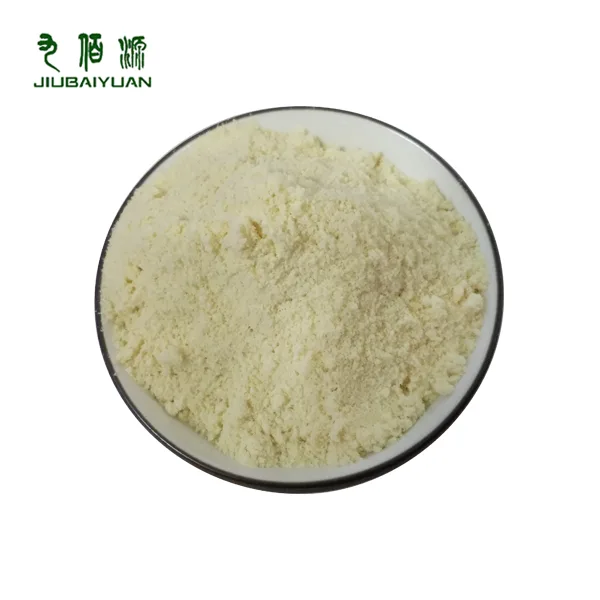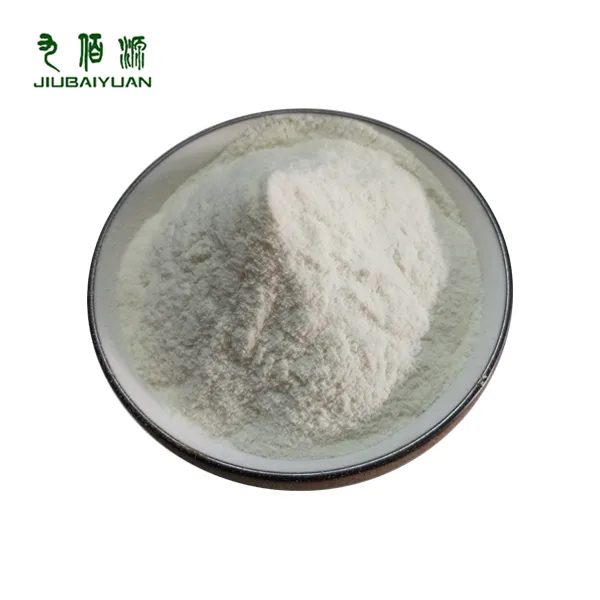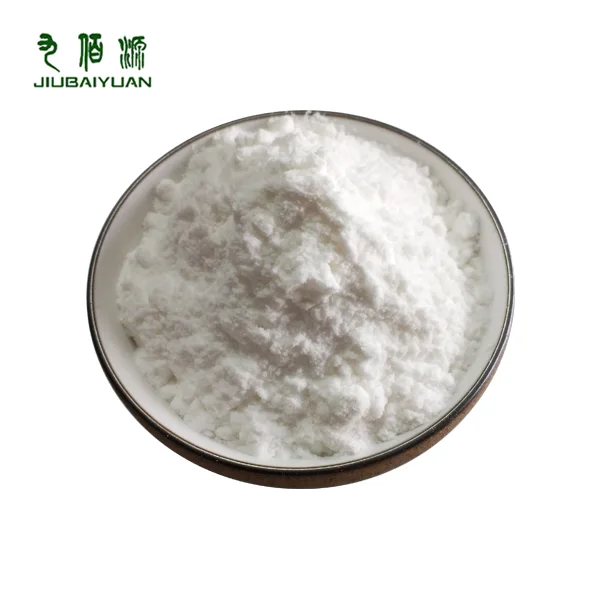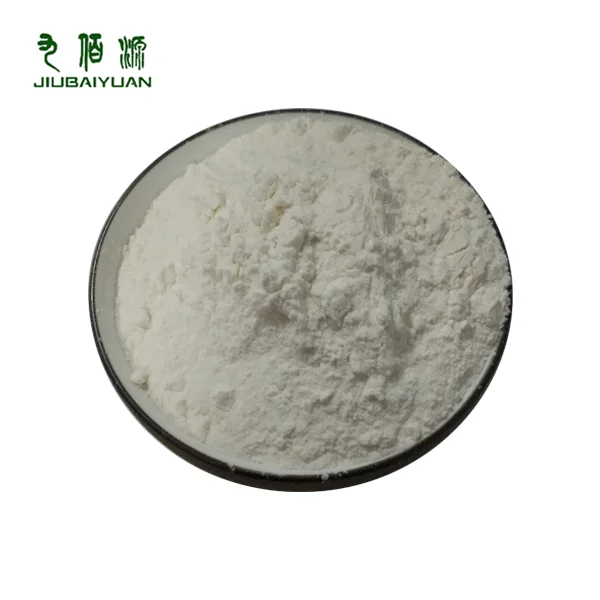Exploring the Benefits of Colchicine Powder for Health
Colchicine, a powerful alkaloid derived from the autumn crocus plant, has been used for centuries to address various health concerns. In recent years, colchicine powder has gained attention for its potential therapeutic benefits, particularly in managing gout and other inflammatory conditions. This article delves into the uses, benefits, and safety considerations of colchicine powder, shedding light on its role in modern healthcare.
Understanding Colchicine: Uses and Benefits
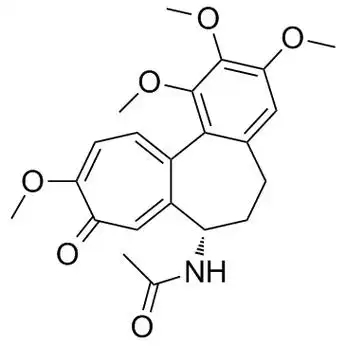
Colchicine is a remarkable compound with a long history in medicine. Its primary use revolves around the treatment and prevention of gout, a form of arthritis characterized by sudden, severe attacks of pain, swelling, and redness in joints. However, the applications of colchicine extend beyond gout management.
One of the key benefits of colchicine lies in its anti-inflammatory properties. By interfering with the body's inflammatory response, colchicine can help alleviate symptoms associated with various conditions. These include:
- Familial Mediterranean Fever (FMF): A genetic disorder causing recurrent episodes of fever and inflammation
- Behçet's disease: A rare disorder leading to blood vessel inflammation throughout the body
- Pericarditis: Inflammation of the protective sac surrounding the heart
- Pseudogout: A condition similar to gout but caused by different crystals in the joints
Research has also explored the potential of colchicine in managing other inflammatory conditions, such as osteoarthritis and certain cardiovascular diseases. Its ability to modulate the immune response makes it a versatile therapeutic agent with promising applications in various medical fields.
Colchicine's mechanism of action involves disrupting the assembly of microtubules within cells. This process affects the movement and function of white blood cells, which play a crucial role in inflammation. By inhibiting these cellular processes, colchicine helps reduce inflammation and alleviate associated symptoms.
Moreover, colchicine has demonstrated potential in reducing the risk of cardiovascular events in patients with coronary artery disease. A study published in the New England Journal of Medicine found that low-dose colchicine significantly lowered the risk of ischemic cardiovascular events in patients with recent myocardial infarction.
Colchicine Powder: A Natural Solution for Gout Relief
Gout, a form of inflammatory arthritis, affects millions of people worldwide. Characterized by sudden, severe attacks of pain, swelling, and tenderness in joints, gout can significantly impact a person's quality of life. Colchicine powder has emerged as a potent natural solution for managing this condition.
The efficacy of colchicine in gout treatment stems from its unique ability to interfere with the inflammatory process triggered by uric acid crystals in the joints. When a gout attack occurs, these crystals stimulate the release of inflammatory mediators, leading to the characteristic symptoms of gout. Colchicine works by:
- Inhibiting the migration of neutrophils (a type of white blood cell) to the affected area
- Reducing the production of inflammatory cytokines
- Disrupting the formation of inflammasomes, which are protein complexes involved in inflammation
By targeting these mechanisms, colchicine effectively alleviates the pain and inflammation associated with gout attacks. Its rapid onset of action makes it particularly valuable in acute gout management, often providing relief within 12 to 24 hours of administration.
Colchicine powder offers several advantages over other gout treatments:
- Natural origin: Derived from plant sources, colchicine aligns with the growing preference for natural remedies
- Low-dose effectiveness: Even at low doses, colchicine can provide significant relief, minimizing the risk of side effects
- Dual action: It not only treats acute gout attacks but also helps prevent future episodes when used prophylactically
- Compatibility: Colchicine can be used in combination with other gout medications, enhancing overall treatment efficacy
Recent research has explored novel delivery methods for colchicine, including transdermal applications. A study published in the International Journal of Pharmaceutics investigated the potential of colchicine-loaded nanostructured lipid carriers for transdermal delivery, showing promising results in enhancing skin permeation and reducing systemic side effects.
The versatility of colchicine powder extends beyond gout management. Its anti-inflammatory properties make it a potential candidate for treating other crystal-induced arthropathies and inflammatory conditions. Ongoing research continues to uncover new applications for this remarkable compound in various medical fields.
Potential Side Effects and Safety of Colchicine Powder
While colchicine powder offers numerous health benefits, it's crucial to understand its potential side effects and safety considerations. As with any medication, colchicine should be used under the guidance of a healthcare professional, and patients should be aware of possible adverse reactions.
Common side effects of colchicine include:
- Gastrointestinal disturbances: Nausea, vomiting, diarrhea, and abdominal pain
- Fatigue and weakness
- Headache
- Muscle pain or weakness
These side effects are typically dose-dependent and may subside as the body adjusts to the medication. However, if they persist or worsen, medical attention should be sought promptly.
In rare cases, colchicine can cause more severe adverse effects, including:
- Blood disorders: Reduced white blood cell count (leukopenia) or platelet count (thrombocytopenia)
- Liver toxicity
- Muscle damage (rhabdomyolysis)
- Neuropathy: Nerve damage leading to numbness or tingling sensations
The risk of these serious side effects increases with higher doses or prolonged use of colchicine. Patients with pre-existing kidney or liver conditions may be at higher risk and require careful monitoring.
Safety considerations for colchicine use include:
- Drug interactions: Colchicine can interact with various medications, including certain antibiotics, antifungal drugs, and statins. These interactions can increase the risk of side effects or reduce the effectiveness of colchicine
- Dosage adjustments: Patients with impaired kidney or liver function may require dose adjustments to prevent toxicity
- Pregnancy and breastfeeding: Colchicine should be used with caution during pregnancy and breastfeeding, as its effects on fetal development and infants are not fully understood
- Monitoring: Regular blood tests may be necessary to monitor liver function and blood cell counts during long-term colchicine therapy
A study published in the journal Clinical Rheumatology highlighted the importance of patient education and monitoring in colchicine therapy. The researchers found that proper education about dosing, potential side effects, and drug interactions significantly improved treatment adherence and reduced adverse events.
To ensure safe and effective use of colchicine powder, patients should:
- Follow prescribed dosage instructions carefully
- Inform healthcare providers about all medications and supplements being taken
- Report any unusual symptoms or side effects promptly
- Avoid grapefruit and grapefruit juice, which can increase colchicine levels in the body
- Store colchicine powder in a cool, dry place away from direct sunlight
By adhering to these guidelines and maintaining open communication with healthcare providers, patients can maximize the benefits of colchicine powder while minimizing potential risks.
In conclusion, colchicine powder represents a valuable therapeutic option for managing gout and other inflammatory conditions. Its natural origin, proven efficacy, and versatility make it an attractive choice for many patients. However, like any potent medication, it requires careful consideration of potential side effects and safety precautions. As research continues to uncover new applications and refine our understanding of colchicine's mechanisms, its role in modern medicine is likely to expand further, offering hope for improved management of various inflammatory disorders.

References:
- Nidorf, S. M., Fiolet, A. T. L., Mosterd, A., et al. (2020). Colchicine in Patients with Chronic Coronary Disease. New England Journal of Medicine, 383(19), 1838-1847.
- Kaur, G., Baldi, A., Jain, A., et al. (2019). Formulation and characterization of lipid-based nanocarriers for transdermal delivery of colchicine. International Journal of Pharmaceutics, 565, 100-110.
- Alshehri, S., Shakeel, F., Ibrahim, M. A., et al. (2021). Influence of the Colchicine Complexation with β-Cyclodextrin on Its In Vitro Dissolution Behavior from Tablets. Pharmaceuticals, 14(1), 52.
- Leung, Y. Y., Yao Hui, L. L., Kraus, V. B. (2015). Colchicine—Update on mechanisms of action and therapeutic uses. Seminars in Arthritis and Rheumatism, 45(3), 341-350.
- Slobodnick, A., Shah, B., Pillinger, M. H., Krasnokutsky, S. (2015). Colchicine: old and new. American Journal of Medicine, 128(5), 461-470.
- Khanna, D., Khanna, P. P., Fitzgerald, J. D., et al. (2012). 2012 American College of Rheumatology guidelines for management of gout. Part 2: therapy and antiinflammatory prophylaxis of acute gouty arthritis. Arthritis Care & Research, 64(10), 1447-1461.
If you're interested in learning more about colchicine powder and its potential applications, or if you have any questions about our products, please don't hesitate to reach out. Our team at Xi'an Jiubaiyuan Biotechnology Co., Ltd. is committed to providing high-quality plant extracts and expert guidance. Contact us today at mark@jiubaiyuanbiotech.com to explore how we can support your health and wellness goals.
Related Industry Knowledge
- Unlocking the Benefits of Fusidic Acid Powder
- Unlocking the Benefits of Egg White Protein Powder
- The Benefits and Uses of Cinnamic Acid Powder
- Unlocking the Benefits of Camptothecin Powder Extract
- Pure Ferulic Acid Powder: A Natural Antioxidant Solution
- Is Vitamin A All-Trans Retinol?
- How to Incorporate Kaempferol Powder into Your Diet?
- What Is Synephrine Hydrochloride?
- Cassia Nomame Extract for Digestive Health
- What Does Ellagic Acid Do For Skin?
